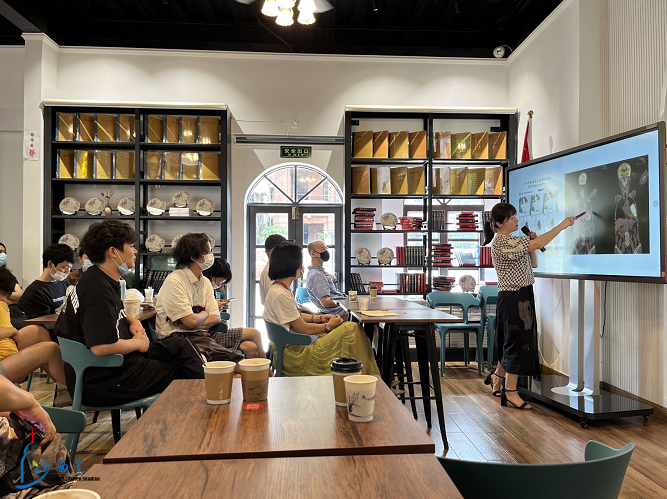The church is like a dynamic reservoir, with an outlet and an inlet. The increase in church population is closely linked to the ministry of evangelism. If people in the church have a passion to witness the Gospel, they will bring new believers to the church.
With the culture of secularization and postmodernism constantly impacting the minds of contemporary people, people tend to pursue material things. In particular, the consciousness of Generation Z is characterized by deconstructing authority and no longer seeking the meaning of human existence and the value of life like Generation X. The modes of evangelism used by preachers in the past (online or street encounters, preaching through relatives, etc.) have shown great weakness for today's people.
Recently, the Christian Times, a Chinese online Christian newspaper, interviewed Wu Shunxiang (pseudonym), a native of South China born in the 1980s. I learned that most of the churches he led were led by middle-aged working elites, and they adopted a demand-oriented preaching method in the spreading of the Gospel.
The so-called demand-based approach is that pastors invite members in the workplace to give different types of lectures. The lecturers in the church are professionals in the fields of work, psychological counseling, marriage, and family and are generally born-again believers in the church. In the field, the free open classes provide professional counseling to those in need and also serve as a contact point for understanding the Christian faith.
Pastor Wu said, "It is difficult for the old believers to lead the new believers to attend the church. When the new believers do not understand the preaching, it will also make them feel embarrassed. Therefore, they encourage believers to attract new believers through lectures on topics such as family of origin, psychological counseling, and the workplace. We use a combination of demand-oriented and relational approaches to evangelism. Instead of street evangelism, we encourage believers to use Moments on WeChat to attract new believers to the talks. The lecturers are not pastors. Some of them are professionals in social psychological counseling and public welfare organizations. The speakers will begin by explaining that biblical values will be used in the lecture."
Pastor Wu emphasized, "In this process, we will select those who are interested in the values of the Bible and invite them to a six-week class for new believers. Then we go through three weeks of baptism classes and eventually become members. I will encourage old believers to actively post Moments in WeChat and encourage new believers to attend free lectures, and the ticket for new believers to attend these lectures is to bring another new believer to attend."
- Translated by Nicolas Cao












